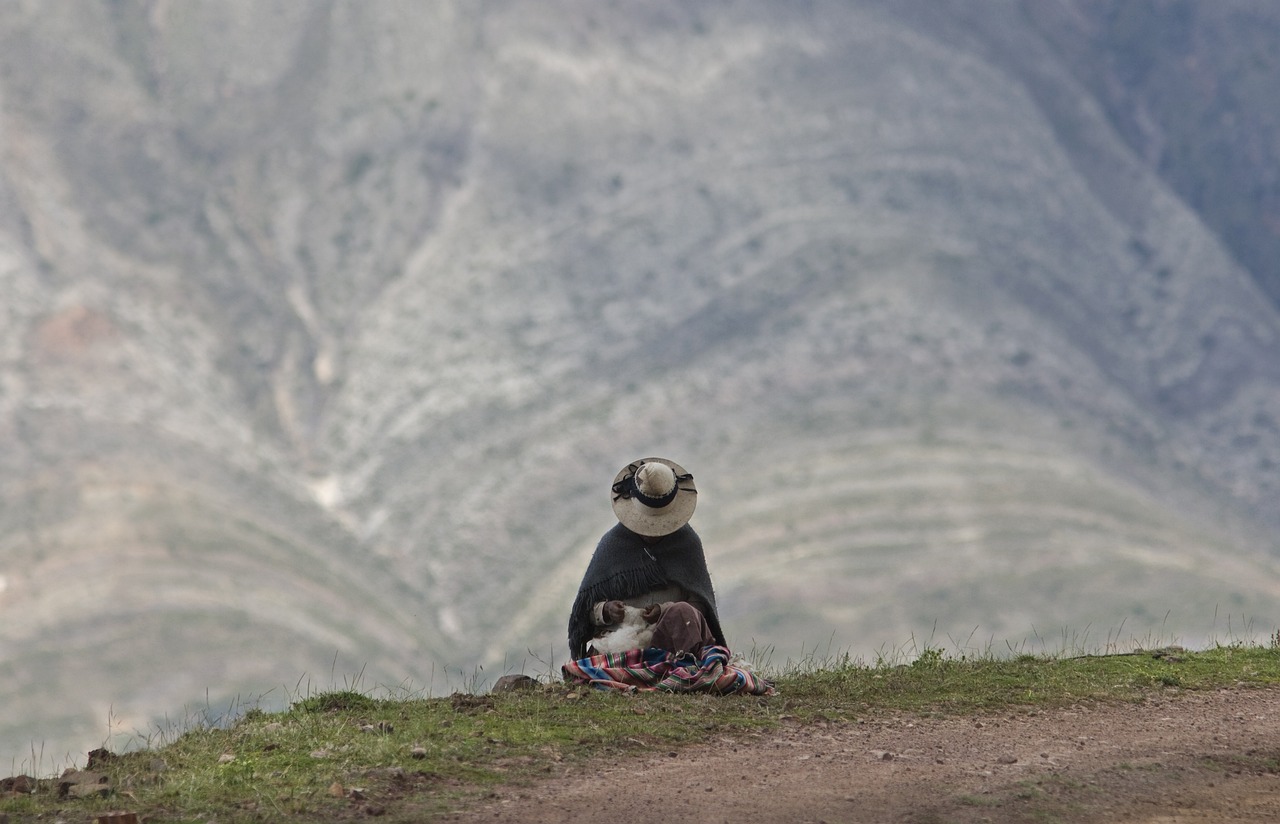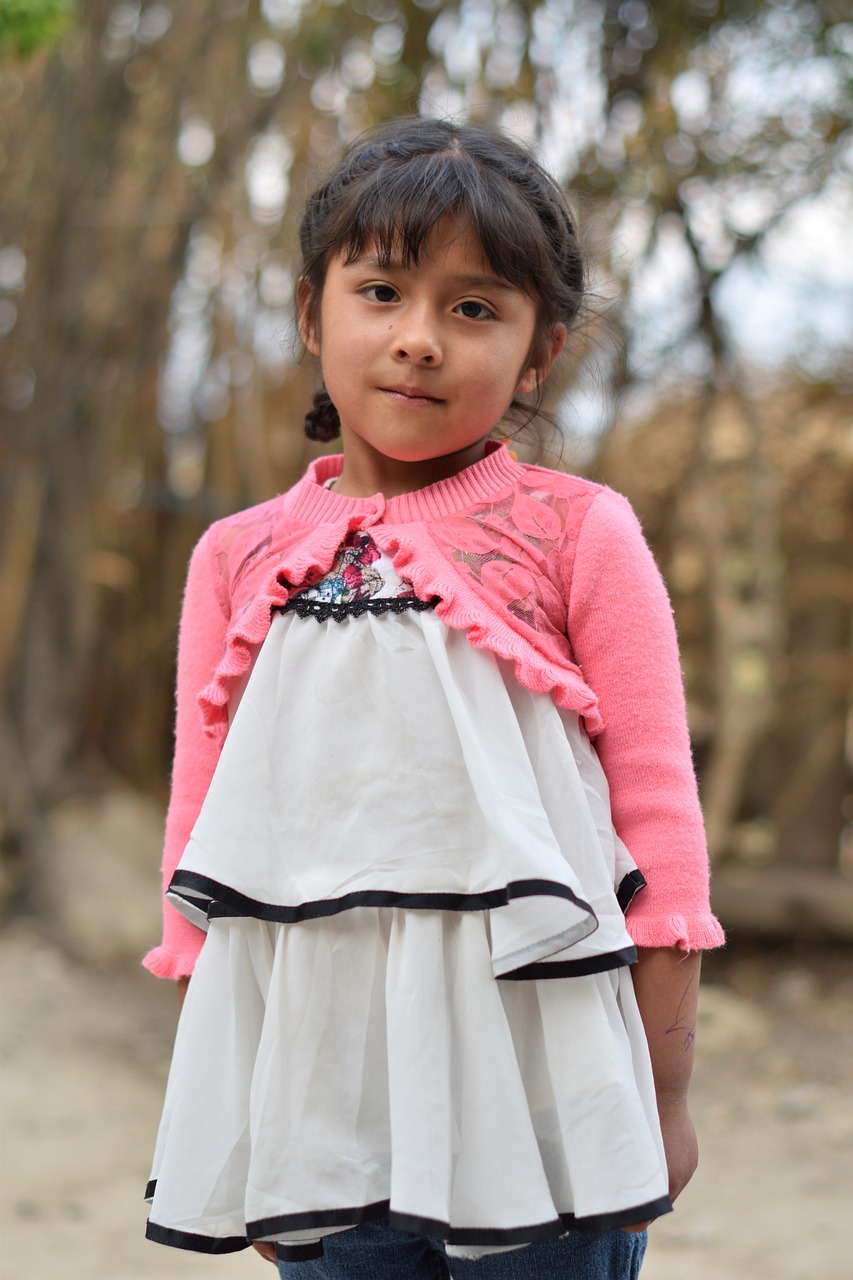Language and Communication: Overcoming Barriers in Bolivia
Language and communication play a vital role in connecting people and fostering understanding. In Bolivia, a country known for its rich cultural diversity, language barriers can pose significant challenges. This article explores the various barriers to effective communication in Bolivia and highlights the efforts made to overcome these obstacles.
Language Diversity in Bolivia
Bolivia is a country with remarkable linguistic diversity. It is home to over 30 indigenous languages, including Quechua, Aymara, Guarani, and many others. Spanish, however, serves as the official language of the country. This linguistic diversity can create communication barriers, especially in rural areas where indigenous languages are predominantly spoken.
- Quechua: Quechua is one of the most widely spoken indigenous languages in Bolivia. It is primarily spoken in the Andean regions of the country. Despite its prevalence, Quechua speakers often face challenges in communicating with Spanish speakers.
- Aymara: Aymara is another prominent indigenous language spoken in Bolivia, particularly in the highlands. Like Quechua, Aymara speakers often encounter language barriers when interacting with Spanish speakers.
- Guarani: Guarani is an indigenous language spoken by various indigenous communities in Bolivia. It is mainly spoken in the eastern lowlands. The coexistence of Guarani and Spanish adds another layer of complexity to communication in Bolivia.
Importance of Bilingual Education
To address the language barriers in Bolivia, there has been a growing emphasis on bilingual education. Bilingual schools have been established to provide education in both Spanish and indigenous languages. This approach aims to preserve indigenous languages while ensuring that students acquire proficiency in Spanish, the language necessary for broader communication within the country.
- Bilingual Schools: Bilingual schools follow a curriculum that includes both Spanish and indigenous languages. These schools play a crucial role in promoting language diversity and fostering cultural understanding among students.
- Teacher Training: Efforts have been made to train teachers in bilingual education methodologies. This training equips educators with the skills needed to effectively teach in both Spanish and indigenous languages.
- Community Involvement: Involving the local communities is essential in the success of bilingual education. By engaging community members, schools can create a supportive environment for language learning and encourage the preservation of indigenous languages.
Interpreting and Translation Services
Interpreting and translation services play a crucial role in overcoming language barriers in Bolivia. These services help facilitate communication between individuals who speak different languages, enabling them to understand and interact with each other effectively.
- Professional Interpreters: Professional interpreters bridge the language gap in various settings, including healthcare, legal proceedings, and business meetings. They ensure accurate and clear communication between parties who do not share a common language.
- Translation Services: Translation services are essential for written communication. They enable the translation of important documents, such as legal contracts, educational materials, and government forms, into different languages spoken in Bolivia.
- Community Interpreters: Community interpreters, often bilingual individuals from indigenous communities, provide interpretation services within their communities. They play a vital role in facilitating communication for community members who may not be proficient in Spanish.
Technological Solutions
Advancements in technology have also contributed to overcoming language barriers in Bolivia. Various digital tools and platforms have been developed to assist in communication and translation.
- Mobile Apps: Mobile apps offer real-time translation services, allowing users to communicate across languages using their smartphones. These apps can be particularly useful for tourists and travelers in Bolivia.
- Online Translation Tools: Online translation tools provide instant translation of text from one language to another. They are widely accessible and can aid in overcoming language barriers in written communication.
- Video Remote Interpreting: Video remote interpreting (VRI) allows individuals to communicate through video calls with the assistance of an interpreter. VRI can be beneficial in situations where in-person interpretation is not possible.
Social Integration and Cultural Awareness
Promoting social integration and cultural awareness is crucial for overcoming language barriers in Bolivia. When individuals from different linguistic backgrounds interact and understand each other’s cultures, communication becomes more effective and meaningful.
- Cultural Exchange Programs: Cultural exchange programs bring people from diverse backgrounds together, fostering mutual understanding and appreciation. These programs help break down language barriers by promoting cultural awareness and empathy.
- Community Events: Organizing community events that celebrate Bolivia’s linguistic diversity can help create a sense of unity and encourage interactions between different language communities.
- Language Exchange Programs: Language exchange programs provide opportunities for individuals to learn and practice different languages. They promote language learning, cultural understanding, and facilitate communication among participants.
Bolivia Image 1:

Efforts by Government and NGOs
Both the Bolivian government and non-governmental organizations (NGOs) have recognized the importance of overcoming language barriers and have taken steps to address the issue.
- Language Policies: The Bolivian government has implemented language policies to promote the preservation and use of indigenous languages. These policies aim to ensure equal access to education and services for all language communities.
- NGO Initiatives: NGOs in Bolivia actively work towards language preservation and cultural revitalization. They provide resources, support community projects, and advocate for the rights of indigenous language speakers.
- Collaboration: Collaboration between the government, NGOs, and local communities is essential in overcoming language barriers. By working together, they can develop effective strategies and initiatives to promote linguistic diversity and inclusivity.
Conclusion
Language and communication barriers in Bolivia are being addressed through various approaches, including bilingual education, interpreting and translation services, technological solutions, social integration, and government and NGO initiatives. These efforts aim to foster understanding, preserve indigenous languages, and create a more inclusive society. By embracing linguistic diversity, Bolivia can overcome communication obstacles and promote cultural richness.
Bolivia Image 2:

References
– www.bolivianexpress.org
– www.bolivia.travel
– www.undp.org
– www.unesco.org
– www.ethnologue.com


